Tunisia
Over 1,000 Tunisians gathered on Sunday near the country's parliament to protest a presidential power grab they deem a "coup".
It was the latest rally opposing President Kais Saied's July 25 decision to sack the government, suspend parliament and seize an array of powers, citing an "imminent threat" to the country -- birthplace of the Arab Spring uprisings against autocracy.
A protester, Aida Mohamed said "We have come today to peacefully say to the President: No to dictatorship. No to individual rule. We must go back to the constitution that made you (Saied) president."
Protesters shouted, "The people want to bring down the coup d'etat" and branded the president an "agent of colonialism
Some carried signs reading "No to the intimidation of the media" and demanding "an independent judicial authority".
A member of the organization "citizens against the coup, "Said Jendoubi expressed his disappointment about the current state of governance."We are in 2021 and we are experiencing a coup, a real military and police coup."
"We are no longer in a democratic country that gave all the blood of its people during ten years for freedom. We are living in a large prison, where expressing our opinion is considered a crime because the President does not want to listen to us and because he is living in his own little world." Dhekra Massi, protester
On September 22, Saied suspended parts of the constitution and installed rule by decree, maintaining full control of the judiciary as well as powers to sack ministers and issue laws.
He appointed a new government in October, with Najla Bouden as the North African country's first female prime minister.
Saied, who was elected in late 2019, made his move amid a socio-economic crisis aggravated by the Covid-19 pandemic.
Some of his opponents have accused him of seeking a new dictatorship, a decade after Tunisia's 2011 uprising that overthrew dictator Zine El Abidine Ben Ali.
But the president's supporters say his moves were needed after years of impasse among political parties seen as corrupt and self-serving.




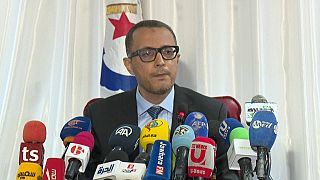
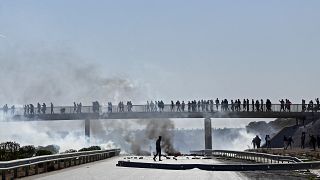
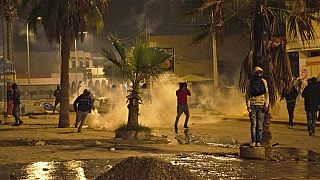

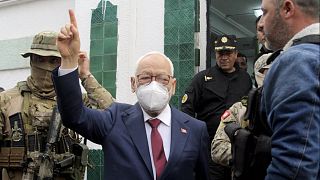
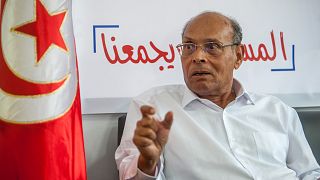



01:02
Bill granting head of Mali's junta, Gen. Assimi Goita, five more years in power signed into law
01:01
Chad’s former Prime Minister appeals to Macron after two months in detention
00:44
Mali junta chief extends army rule by five years, rules out elections
01:09
Guinea presents draft for new constitution, referendum set for September
01:00
Detained Chadian opposition leader Succes Masra ends hunger strike
01:14
Mali: Assimi Goita could soon be president until 2030 - without an election